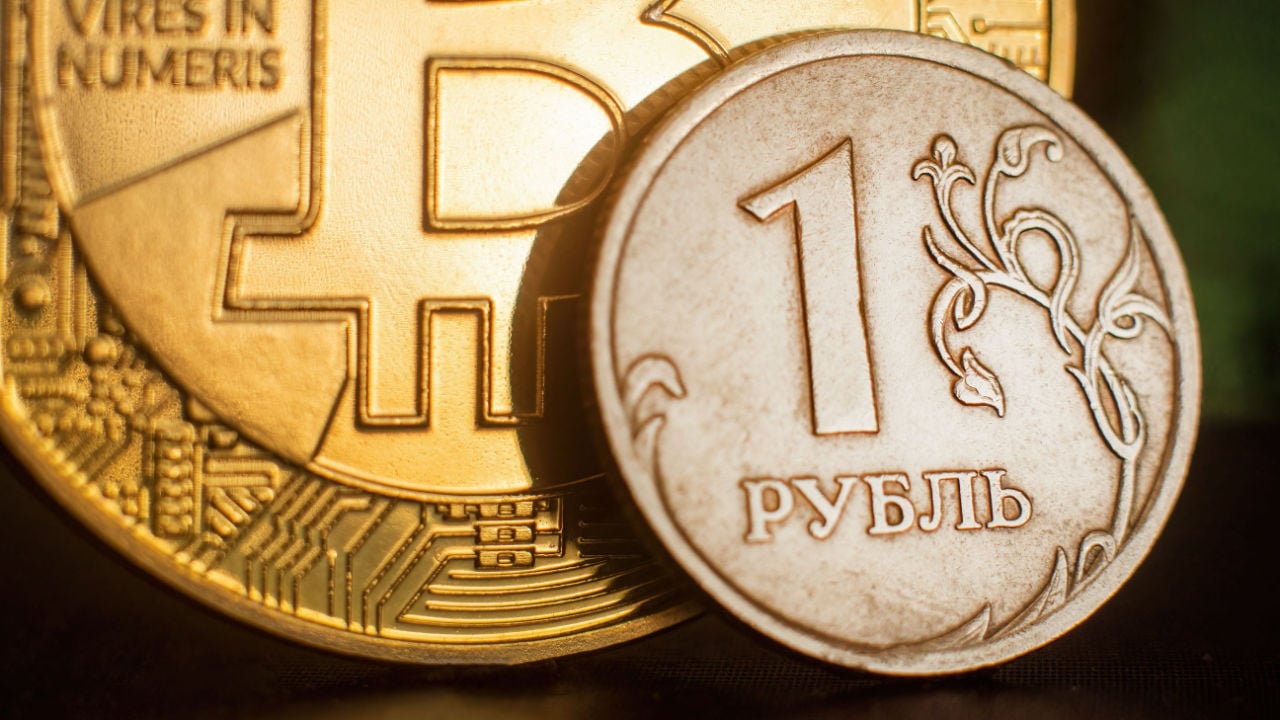Lagos’ Blue Rail Line accepts contactless payments for the unbanked
NFC powered cashless fare collection technology from Nigerian fintech Touch and payment technologies (TAP) can now be used on Lagos’ new mass transit ‘Blue Rail Line’.
The Blue line project in Nigeria is a 27km rail route designed to run from Okokomaiko, in western Lagos, eastwards to Marina. Currently, the first phase of the route has been completed, covering a distance of 13 km. Payment to use the rail service is operated by Taps turnstiles and cards. The payment company gives an estimated 200,000 banked and unbanked passengers access to the train.
The payment service has been enabled thanks to a partnership with the Lagos State Government. Once completed, the second phase of the track, connecting Mile 2 to Okokomaiko, will enable up to 500,000 passengers to maneuver between the stations per day.
TAP aims to support financial inclusion, with a specific focus on Nigeria’s unbanked population. The Nigerian fintech is capable of processing micropayments from 10 cents to $10. Because most electronic cards do not allow payments under $10, the service aims to serve the gap for the unbanked.
Up to 64 million adults in Nigeria do not have access to traditional banks. Those without a bank cannot therefore withdraw cash to use public transport. Loser Cowry Card aims to solve this problem to ensure that everyone has access to transport across the country.
Cowry card users can press their pay-as-you-go card against tempered glass-protected turnstile validators for use on the Blue Rail Line. The solution also appears to significantly reduce price evasion in the region. Turnstiles also reduce the need for tickets to be checked manually, which increases transport service.
The Central Bank of Nigeria issued its cashless policy in 2012, encouraging businesses to modernize the country’s payment systems. As a result, TAP explained that it aims to digitize the entire informal market with contactless cards.
“Payment is a social problem, not a technological one”

Olamide Afolabi, co-founder and CEO of Touch and Pay Technologies, commented on the news. Afolabi said: “We are delighted to facilitate and digitize payment on behalf of Lagos Metropolitan Area Transport Authority (LAMATA). We have also implemented our NFC payment solutions on BRT buses, ferries and now trains.
“Our contactless payment solutions have been a great success. We have created a 21st century solution for today’s passengers. Until now, train fares have typically worked on low-value cash transactions, while most electronic cards do not allow payments under $10, which was problematic for many passengers.
“Our Cowry card, which enables microtransactions between 10 cents and $10, bridges this gap. People can now use a digital and modern method to pay for their train journeys without carrying large amounts of cash. We are optimistic that even more passengers will discover the benefits of this fast yet reliable technology, unifying transport in Lagos – for the first time.”
Michael Oluwole, co-founder and head of growth at TAP, also discussed the issue of financial inclusion. He explained: “Payment is a social problem, not a technological one, which is why solutions to solve transit payment problems are a priority for us. In the past, foreign companies were tasked with solving our local transport problems. We are delighted to be the first local company to deliver this unifying solution.”


